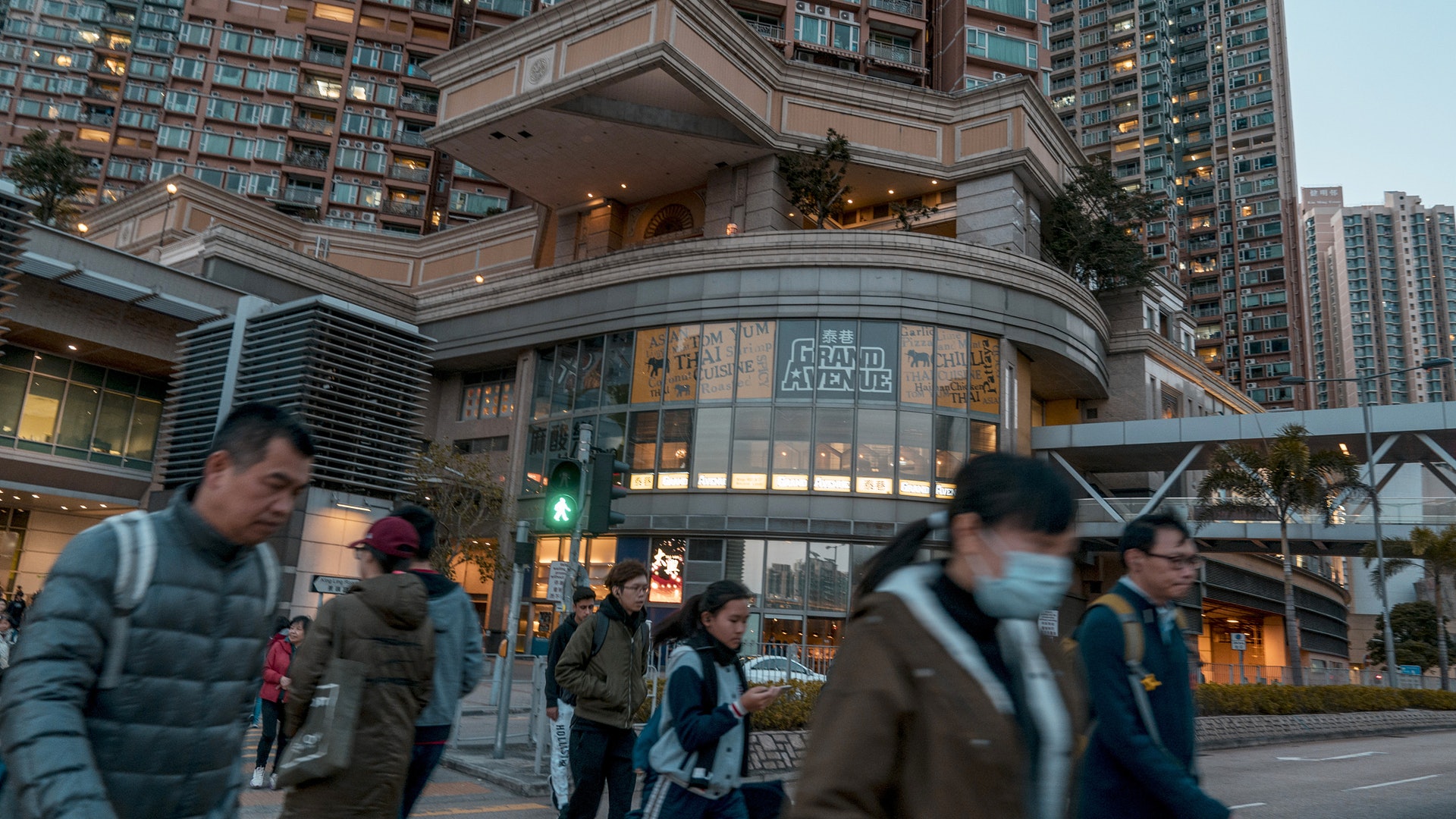The “Anti-Amendment” campaign in Hong Kong has lasted for more than half a year. The demonstrations have intensified and the impact on Hong Kong’s economy has become more apparent. The Bank of England released its semi-annual Financial Stability Report, which stated that since April this year, about US $ 5 billion (about 39 billion Hong Kong dollars) of funds have flowed out of investment funds in Hong Kong.
Prior to this, different financial institutions and central banks have pointed out that funds are flowing out of Hong Kong. Among them, Meng Wenneng, president of the Singapore Monetary Authority, pointed out that a small amount of funds had flowed from Hong Kong to the local area. Goldman Sachs also pointed out in early October that from June to August, $ 4 billion in funds had flowed to Singapore.
The report also mentioned that the British banking industry has participated in Hong Kong a lot, accounting for about 160% of the Tier 1 capital of the banks’ common shares. Since the “anti-revision” campaign started in April, the HSI has also fallen by about 12%, and the transaction in the commercial property market has also fallen by 31% year-on-year.
Alleges that demonstrations affect Hong Kong’s real economy
The report states that the impact of demonstrations on the real economy reflects that political risks are Hong Kong’s weaknesses and affect Hong Kong’s status as a financial center.
The Bank of England quoted its calculations and data from EPFR Global and Refinitiv. It is estimated that $ 5 billion was flown from investment funds, an amount equivalent to about 1.25% of Hong Kong’s GDP.












